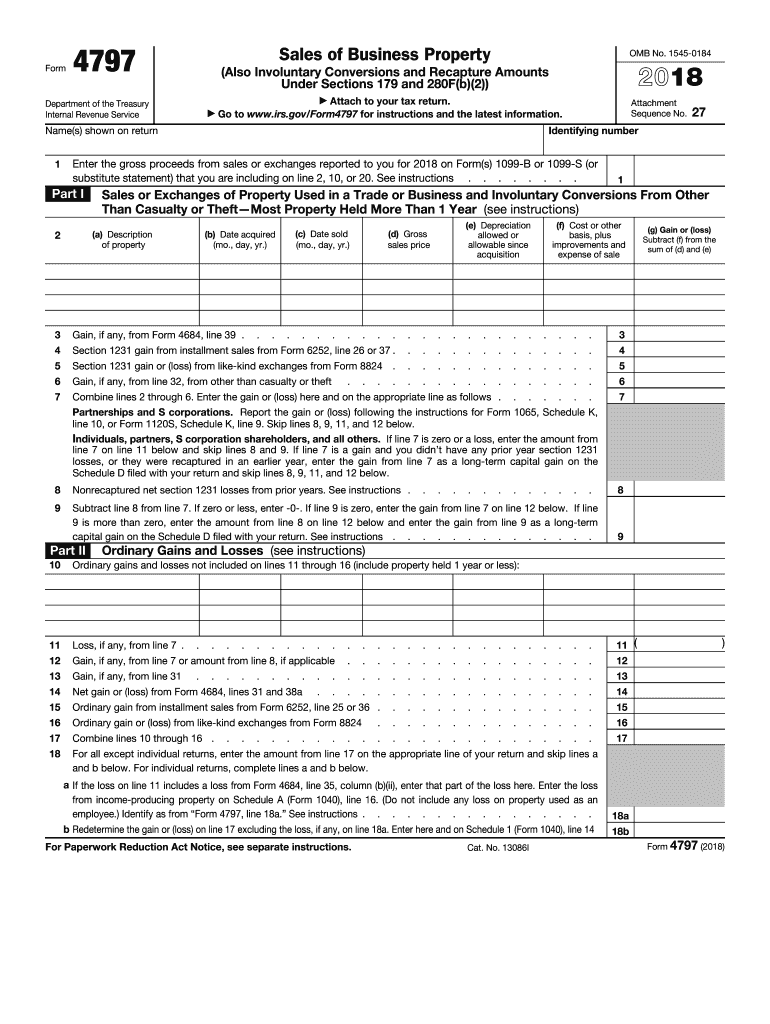If you sell your home at a loss, can you deduct the amount from your taxes? Unfortunately, the answer is no. A loss on the sale of a personal residence is considered a nondeductible personal expense. You can only deduct losses on the sale of property used for business or investment purposes.
One property loss that won't create any tax benefit is the sale of your personal residence. You cannot deduct this loss from your taxes in any way. This is because the IRS does not tax the gains from selling a personal residence for a profit. To balance this out, taxpayers cannot deduct the loss of a personal residence sale from their taxes.
- But the IRS limits your loss to just $10,000—the amount by which the $160,000 at-the-time-of-sale adjusted basis exceeds the $150,000 sales price. The $160,000 figure is determined by the fair market value of $180,000 at time of conversion less the rental period depreciation of $20,000.
- A gain on the sale is reportable income, but a loss is NOT deductible. You may receive IRS Form 1099-S Proceeds from Real Estate Transactions for the sale of your vacation home.
The only way you can obtain a deduction if you sell your home at a loss is to convert it to a rental property before you sell it. However, your deductible loss will be limited. This is because when you convert property you held for personal use to rental use your tax basis (value for tax purposes) is the lesser of the following values on the date of the conversion:

- the property's fair market value, or
- the property's tax basis.
Irs Loss On Sale Of Inherited Property
Your tax basis is basically the property's original cost, plus the cost of any improvements you've made (but not repairs), minus any depreciation deductions taken--for example, if you claimed the home office deduction. Fair market value is the price at which the property would change hands between a buyer and a seller, neither under undue pressure to buy or sell, and both having reasonable knowledge of all the relevant facts. Sales of similar property in the area are helpful in figuring out the fair market value of the property. You may also elect to have the property's value appraised as of the date of its conversion to rental property. Either way, it's very important to have a good estimate of your home's fair market value on the date of the conversion.
Because of this rule, if your personal residence has lost value since you bought it, turning it into a rental home won't allow you to deduct the loss that occurred before the conversion when you eventually sell it. Only the drop in value after the conversion is deductible.
Irs Property Sales Capital Gains
To learn more, see Nolo's section on Tax Deductions and Credits for Homeowners.

